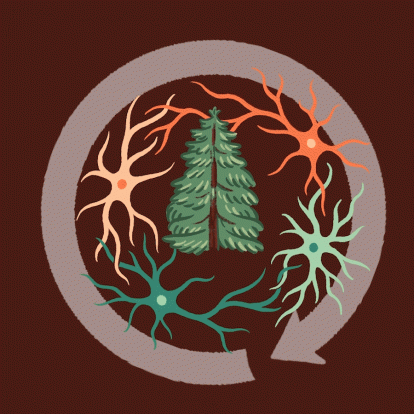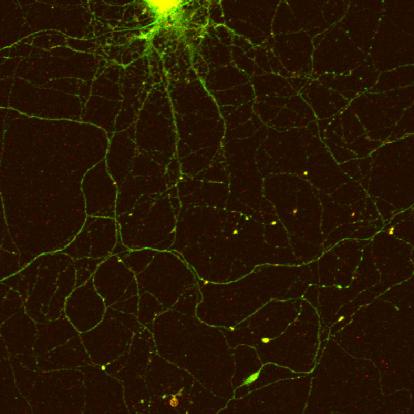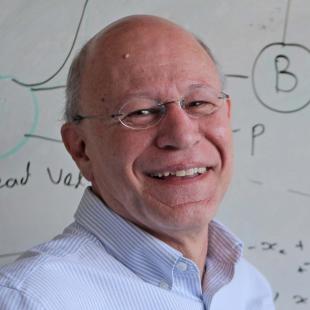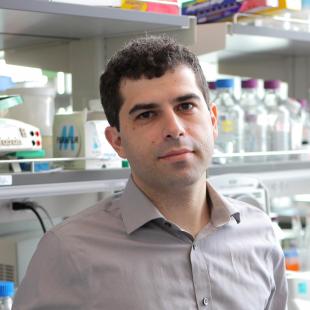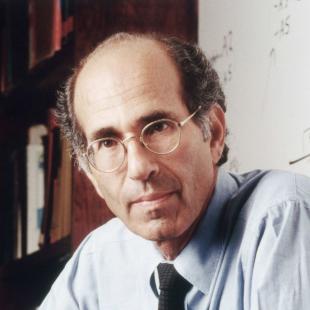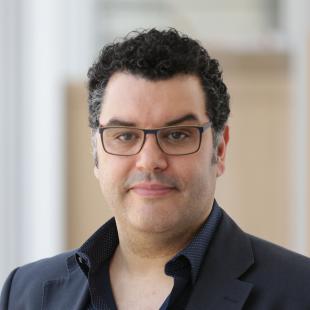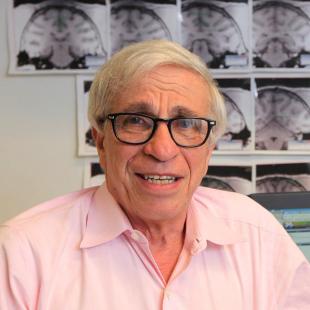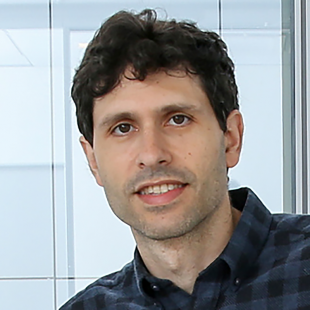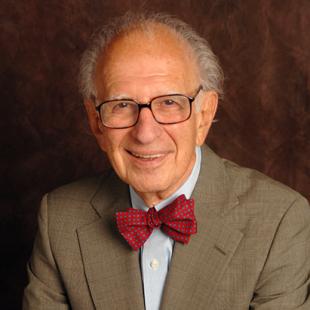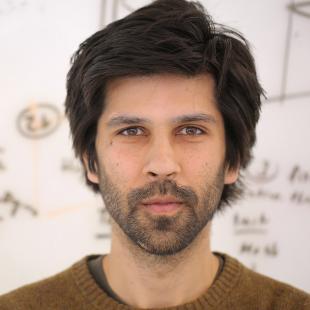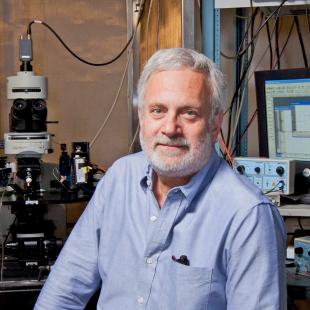Learning & Memory
We are our memories. From mental snapshots of childhood birthdays to knowledge about how to ride a bike, our memories connect the past to the present and give our lives continuity.
Without the ability to store and recall information, we would be adrift in time, unable to learn from the past or plan for the future. Despite the fundamental importance of memory, scientists have only just begun to understand how it works. Why do we remember some things but forget others? How do different parts of the brain work together to store different kinds of memories? How do we use this information to learn, and how do our brains motivate us to learn? Why does the ability to remember decline with age or disease?
In search of answers to these questions, researchers at Columbia’s Zuckerman Institute study everything from the molecules that help us form memories to what is happening in the brains of teenagers while they learn to play video games. We use mathematics borrowed from physics to investigate the brain’s storage capacity and measure the electrical chatter of cells to explore the importance of paying attention for learning. What our scientists uncover could help all of us to better understand ourselves, while providing a foundation for efforts to improve education and treat diseases ranging from Alzheimer’s to schizophrenia.
Explore Learning and Memory
Learning & Memory In the News

Teen Brains are Primed for Learning From Life
October 5, 2016

The Human Remembering Machine
October 2, 2016
Discover the power of your support.
Seed the discoveries that make a difference.

